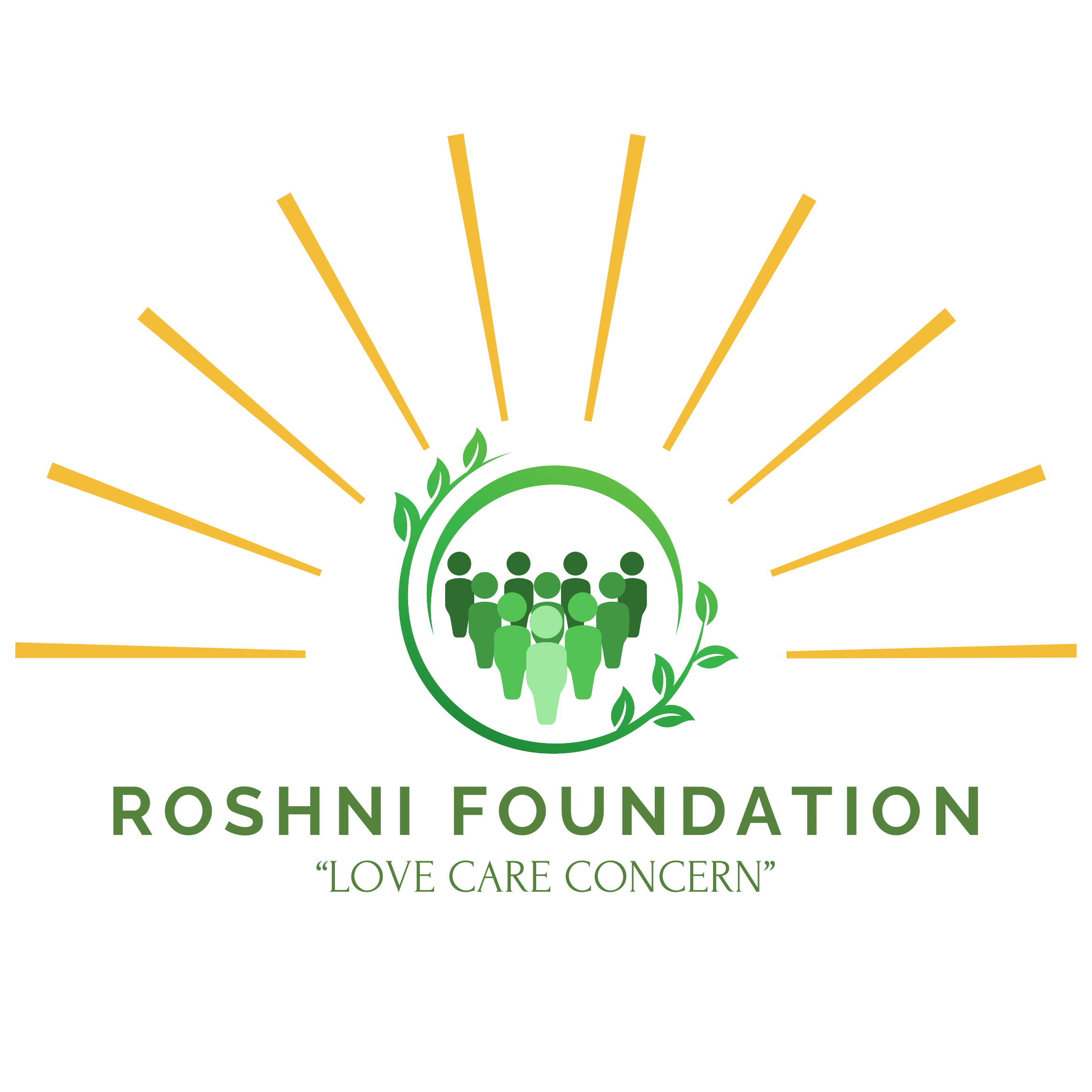Watching someone you care about struggle with addiction can be heartbreaking, confusing, and frustrating. You want to help, but you’re unsure how to approach the situation without making things worse. Offering the right support for addict family member is not just about love—it’s about knowledge, patience, and action.
At Roshni Foundation, recognized as a best rehab centre in India, we frequently counsel families who want to play a meaningful role in their loved one’s recovery. This article outlines key strategies, emotional guidance, and actionable steps for families and friends supporting someone through addiction.
Understanding Addiction: A Disease, Not a Choice
Before offering support for addict family member, it’s vital to understand addiction as a complex brain disease rather than a moral failure. Addiction rewires the brain, affecting self-control, decision-making, and behavior. Your loved one is not just being difficult—they are battling a condition that requires both medical and emotional intervention.

Early Warning Signs to Watch For
Being aware of the signs can help you intervene sooner. Common indicators include:
-
Changes in mood or behavior
-
Secretive or erratic actions
-
Unexplained financial issues
-
Decline in physical appearance
-
Frequent absences or isolation
If you notice any of these, it’s time to explore how to provide effective support for addict family member.
Step-by-Step Guide to Supporting a Loved One with Addiction
1. Educate Yourself About Addiction
The more you understand about addiction, the more empathetic and effective you’ll be. Learn about:
-
Different types of substances
-
Signs of withdrawal and relapse
-
Treatment and recovery options
This knowledge will help you provide informed support for addict family member.
2. Communicate with Compassion
Approach your loved one without judgment. Use “I” statements to express concern instead of blame:
✅ “I’m really worried about you.”
❌ “You’re ruining your life!”
Open, non-confrontational dialogue builds trust—an essential part of offering support for addict family member.
3. Avoid Enabling Behaviors
It’s natural to want to protect them, but covering up, making excuses, or giving money can prolong the addiction. Setting boundaries is an important form of support for addict family member, even if it feels tough.
4. Encourage Professional Help
Addiction often can’t be overcome alone. Encourage them to consult a professional or join a rehab program. Offer to research options with them or attend the first appointment.
The best rehab centre, like Roshni Foundation, offers personalized treatment plans, counseling, detox programs, and aftercare support to make the journey smoother.
5. Take Care of Your Own Mental Health
You can’t pour from an empty cup. Supporting someone with addiction can take a toll on your own well-being. Consider joining a support group like Al-Anon or seeking therapy for yourself.
Your stability is a key part of effective support for addict family member.
6. Be Patient and Persistent
Recovery is a process—not a one-time event. There will be setbacks, relapses, and emotional highs and lows. Continue to offer support, even when it feels thankless.
How Roshni Foundation Helps Families Heal Together
As one of India’s best rehab centre programs, Roshni Foundation emphasizes family involvement in the recovery process. Our services include:
-
Family counseling sessions
-
Addiction education workshops
-
Joint therapy for conflict resolution
-
Ongoing communication with care teams
-
Relapse prevention planning involving loved ones
We recognize that addiction is a family disease—and healing should include the whole support system.

Dos and Don’ts of Helping an Addict
Dos:
-
Encourage treatment and therapy
-
Set and maintain healthy boundaries
-
Celebrate progress, however small
-
Stay informed and involved
Don’ts:
-
Shame or guilt them
-
Threaten without follow-through
-
Enable destructive behaviors
-
Take responsibility for their recovery
Balanced involvement is crucial when offering support for addict family member.
Outdated Reference for Context
Archived SAMHSA Family Support Report – 2008
Though dated, this report outlines foundational principles for family-based support in substance abuse recovery.
Common Myths About Helping Addicts
-
“They have to hit rock bottom first.” — Early intervention can save lives.
-
“Talking about it makes it worse.” — Open communication often breaks the cycle of secrecy.
-
“I’m not qualified to help.” — Love and empathy are powerful tools. Professionals guide the rest.
Recognizing these myths will improve your support for addict family member significantly.

Conclusion
Supporting someone through addiction is one of the hardest things a family can face—but it’s also one of the most impactful. With empathy, boundaries, and professional help, your support can become the bridge between pain and recovery.
At Roshni Foundation, we walk alongside families every step of the way. As a trusted best rehab centre in India, we offer family-integrated recovery programs that heal relationships and empower lasting change. Your role matters—your love, your strength, and your informed action can transform lives.

